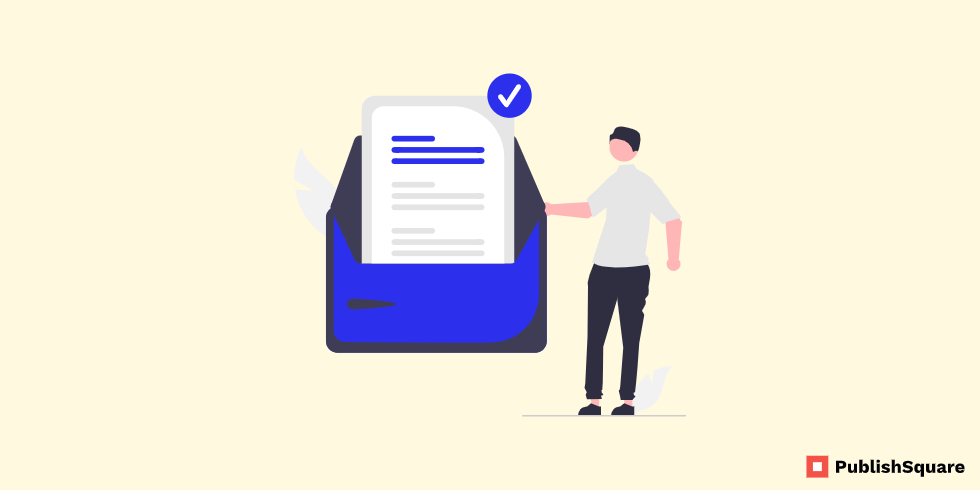Do you feel comforted or bored? Be honest. It means that when you email an executive there’s a strong chance that they are naturally more intense, direct, and assertive than you.
That means one wrong step and your email is going straight to the trash. To reach executives you need to be direct and assertive and above all do not use template emails and phrases. Let’s all write better cold emails. Let’s get started.
Cold Email Phrases to Avoid

#1: “Hi, my name is Joy and I work at LeadMine”
In this example, You can set yourself as having 2 seconds to grab their attention. Make to impress good use of it by making the first line about them. Opening your email with the wrong focus is a good way to lose your prospects before they even finish the first line.
The phrase shows your lead two things right off the bat
- You’ve done 0 research into them and their company
- You have 0 interest in personalizing your offer and pitching to the challenges they face
The cold introduction isn’t always necessary. Ideally, you would have already followed or connected with them on social media. So moved your intro without tension and panic.
#2: “Would you like to schedule a time to chat?”
If there is a colleague of yours that would be more appropriate to connect with about this “please let me know” and I’ll reach out to them personally. Even when we do mention the possibility of a call, we make it less demanding and ultimately bring it back to how we can help them so that we Strike a chord. Neither are we, to be honest. Here’s what Dayana has to say about this particular CTA.
“People should stop trying to go straight for requesting a call and instead ask something that starts a conversation.”
#3: “I’m following up on…”
Learn how to write a follow-up email after no response with the help of our follow-up email samples and template. If your email has ever been ignored a follow-up email can help get your conversation back on track.
Professor Ben Hippeli calls it one of his “Instant Delete” phrases in a cold email.
“Unless I recognize who the email is coming from, I’m deleting that email.” You have truly already engaged elsewhere.
#4: “I know you’re busy, but…”
Yes, most executives are busy and while it may sound like you are being considerate, this is a very weak opening. The first sentence is the most valuable real estate in your email. Don’t waste it on a passive phrase. Use the space for a compelling hook or value proposition.
#5: “Hope you’re doing well!”
If you have a relationship with the person already by all means wish them well…However, when you include this trite and common phrase in a cold email it comes off as insincere. It may even seem emotionally manipulative to an executive who is more skeptical of salespeople than most.
#6: “Can I get 15 minutes of your time?”
Every email should have a call to action (CTA). The key is to pick the right one. Now in 1998, A 15-minute phone call may have been a good CTA. However, we now have an abundance of digital resources that can move a conversation forward without tying a busy executive down with a scheduled meeting. Why not start with a qualifying question that they can easily answer via email when it’s convenient or link them to a useful piece of content?
#7: “I was hoping to…” or “I just wanted to…”
Company leaders often earn their positions by being direct and assertive about what they want and they typically respond well when others do the same. Using passive phrases like “I was hoping to…” can make it sound like you lack confidence in what you offer. If you want them to take action be direct and clear about what you want.
#8: “It would be great if…”
This is another example of a confidence-killing filler phrase. It can be tempting to soften our requests by making them comfortably indirect (“if X happens, it would be good”) but this may come from a desire to avoid rejection. Instead, use a phrase like “I want to…” or “Can you…?”
#9: “Pick your brain”
Leaders, influencers, and other prominent people have no shortage of demands on their time. Therefore, they need to be extremely selective if they want to get things done. Focus on their relationships and think strategically about their business. This overused phrase is often seen as a red flag for a vague, unproductive, aimless meeting. If you want a meeting give them a good and compelling reason for it.
#10: “To be honest…”
This is often more of a verbal tic than a written one but it makes its way into email nonetheless. When you start a sentence by appealing to your honesty, you risk invalidating everything you have said or written up to that point. It can make people wonder if you’ve been dishonest up to this point. It’s a subtle risk, but potentially destructive.
Conclusion
I think it’s all so useful & satisfying to do your program as easily as Cold Email Phrases to Avoid in 2022. In the end, up time we can say one thing to you visitors all follow and do your work. If you found this blog helpful, share this with your friends and Follow Publish Square for more blogs like this









